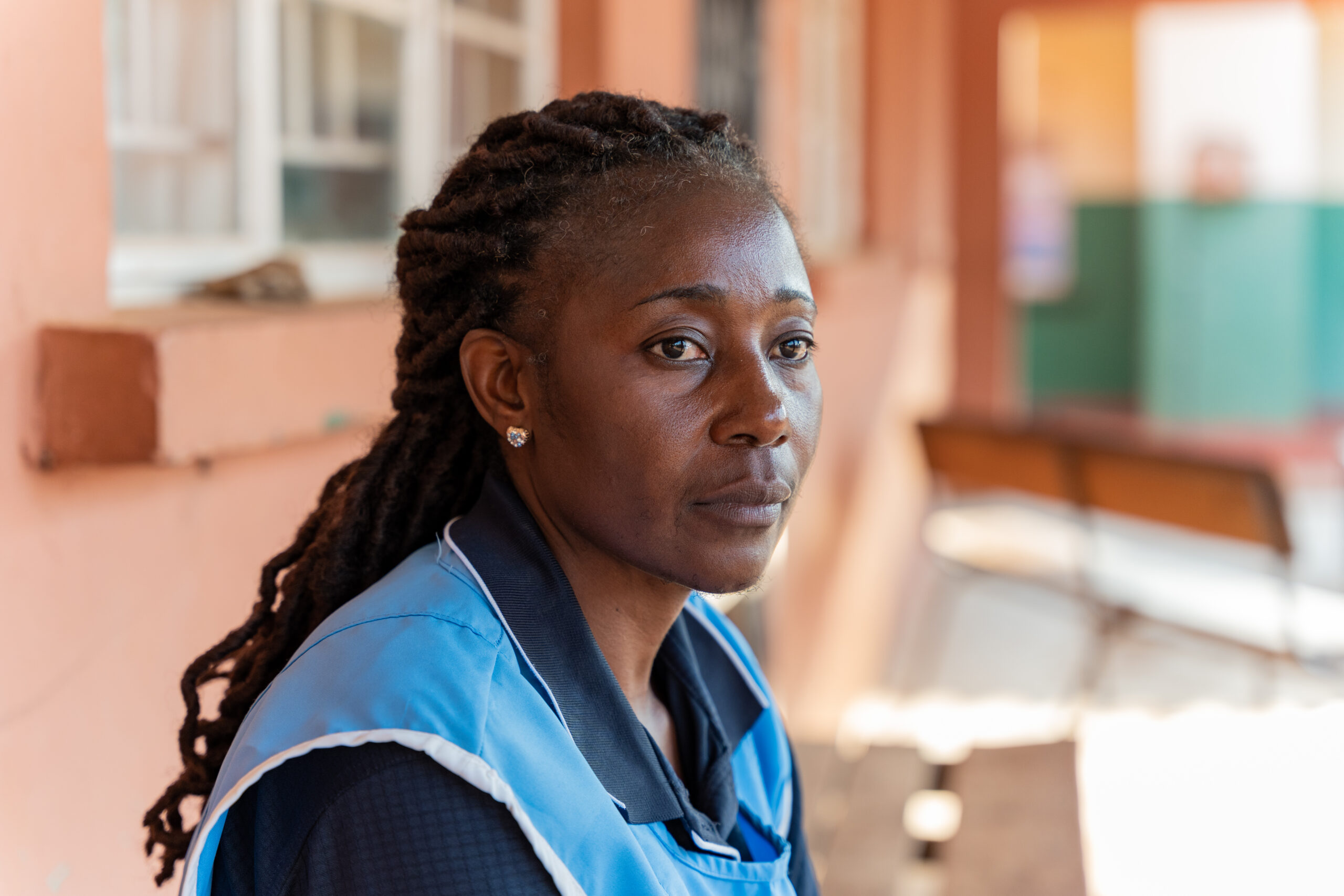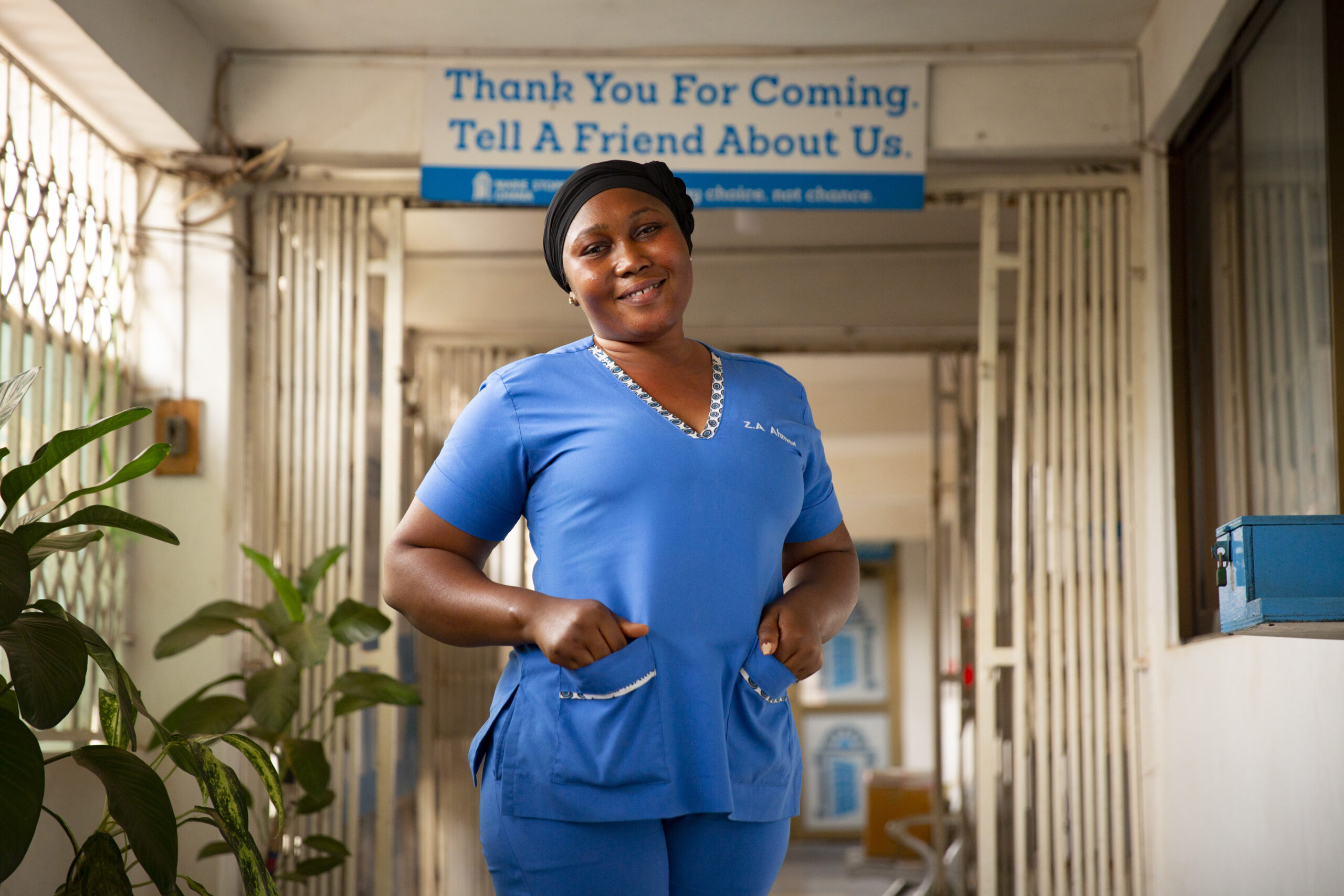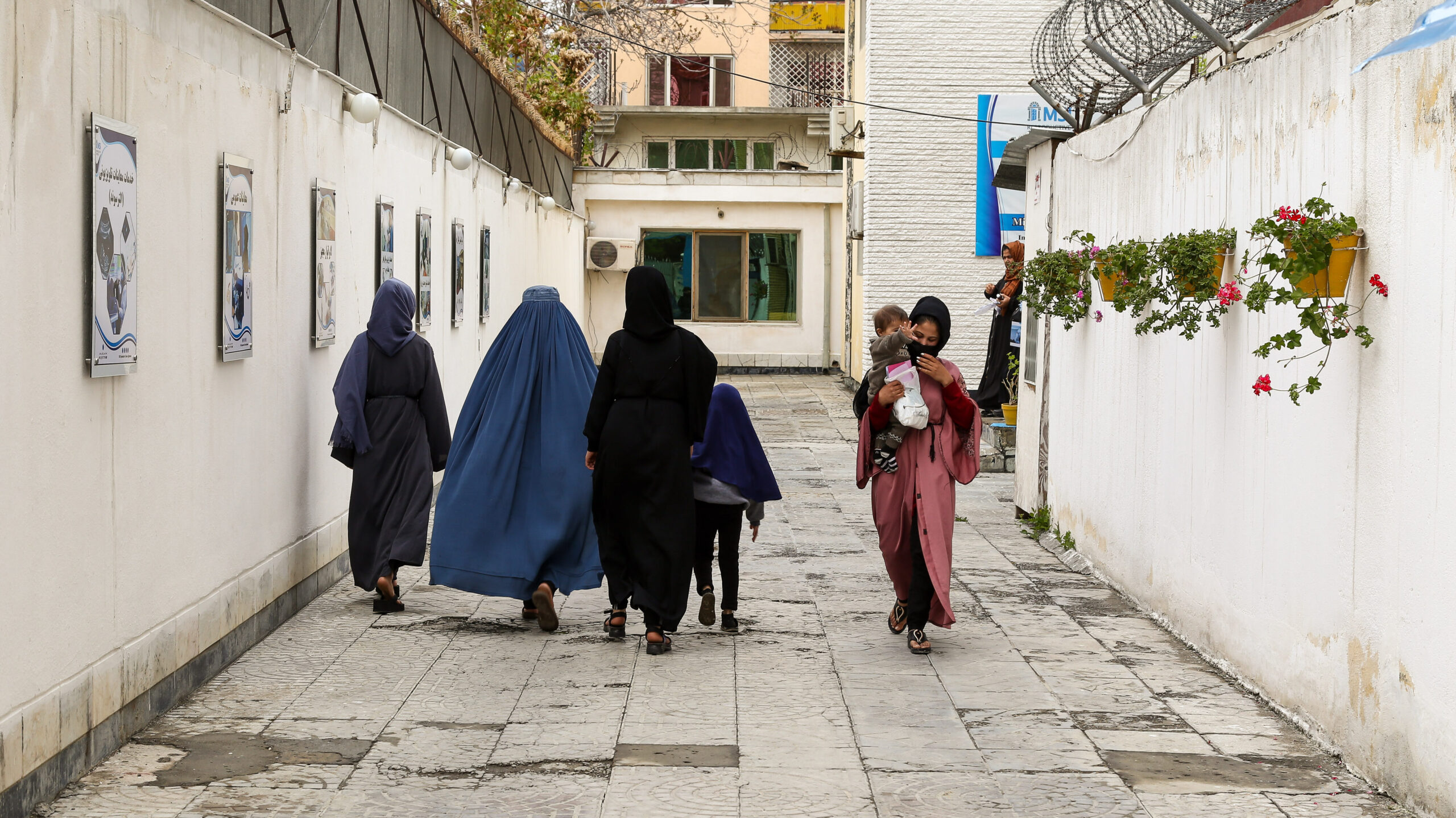As world leaders prepare to announce pledges on girls’ education at the G7 summit, new data from MSI Reproductive Choices shows that expanding access to reproductive healthcare and information would support up to 4 million more girls in sub-Saharan Africa to stay in school[i].
The global contraception and safe abortion provider is calling on the UK government and other world leaders to recognise the critical role that reproductive choice plays in supporting girls’ education and act now to ensure that funding is adequate and sustained.
Simon Cooke, Chief Executive of MSI Reproductive Choices said:
“If the UK and other world leaders are genuine about their ambition to keep girls in school, they cannot overlook the vital role that reproductive choice plays. Our new data shows that up to 4 million teenage girls in sub-Saharan Africa drop out of school every year due to unintended pregnancy, putting global commitments to girls’ education at risk.
“The UK government has pledged to stand up for the right of every girl in the world to have 12 years of quality education, calling it one of the smartest investments. But unless they stand by their manifesto promise to spend 0.7% of national income on aid and commit to sustained investment in sexual and reproductive health, millions of girls risk falling through the cracks. The G7 summit could not have come at a more crucial moment. To build a future where women and girls can fulfil their potential and take their rightful place in all aspects of society, world leaders must seize the moment: listen to the evidence and invest in reproductive choice.”
Reproductive choice is a key driver to keeping girls in school
Ahead of the pandemic, UNESCO estimated that 130 million girls were out of school[ii], with COVID-19 likely driving this number higher. Meanwhile, an estimated 23 million adolescent girls want access to contraception but don’t yet have it[iii]. Unless this changes, millions of girls may never set foot in a classroom again.
Meanwhile, the UK Government has committed to get 40 million more girls into school, but evidence from around the world shows that without access to reproductive choice, girls have their education cut short. In Ghana, the government has made huge strides in getting more children enrolled in primary school, yet despite their efforts unintended pregnancy and early marriage result in many girls dropping out early.
Esi Asare Prah, Youth Focal Person and Advocacy Officer for MSI in Ghana said:
“In Ghana the government has made education compulsory and free, but as you climb the educational ladder, you start to see fewer girls than boys. So, it tells you that removing financial barriers alone is not enough to advance gender equality.
“I grew up in a rural community where teenage pregnancy and early motherhood were normal. We never had any education on reproductive health and rights, and as a result I had friends who died from unsafe abortion. It wasn’t until university that I learnt about contraception and safe abortion. During my first year, I couldn’t help but wonder, if my classmates had this information, if my own family members had this information, I probably wouldn’t have been the only one who attended university.”
A better future is possible
It doesn’t have to be this way. It costs less than 2 pence per day to protect a young woman from an unintended pregnancy, giving her the chance to stay in school, forge a career and contribute to improving her life and that of her community, with each additional year of education increasing a woman’s earnings by up to 20%[iv].
Blessing, a teenager who accessed contraception from MSI’s Nigeria programme said:
“My mother dropped out of school at age 19 and my two aunties did the same. The one thing that was common between them was unplanned pregnancy. My ambition is to finish secondary school, go to university and achieve my dream of becoming a lawyer. But I have to protect myself from pregnancy to see my dream come true.”
Cooke added:
“The Covid-19 pandemic has triggered an unprecedented global education crisis and without urgent global action and investment, the consequences for girls’ futures will be devastating. We urge world leaders to seize this window of opportunity. Increasing access to reproductive choice is key to unleashing the potential of millions of girls, giving them not only the chance to complete 12 years of education, but the opportunity to thrive.”
– Ends –
Notes to Editors
For interviews and further information please contact:
Email: [email protected]
Tel: +44 (0)7769 166 516
About MSI Reproductive Choices
MSI is a global organisation providing contraception and safe abortion services to women and girls in 37 countries and advocating for reproductive choice. We believe that every woman and girl must determine her own future, and the high-quality services we provide give a woman the power to pursue her dreams for herself and her family.
[i] MSI’s methodology for estimating the number of girls dropping out of school due to teenage pregnancy: Using UNESCO data on the number of girls in sub-Saharan Africa starting and finishing secondary school to calculate the number of girls dropping out of school, and research from UN Population Division, UNESCO and
FCDO on the reasons for why girls drop out to school across sub-Saharan Africa, MSI has estimated that between 2 and 4 million girls drop of school every year due to teenage pregnancy.
[ii] Keeping girls in the picture (unesco.org)
[iii] Adding It Up: Costs and Benefits of Meeting the Contraceptive Needs of Adolescents | Guttmacher Institute








